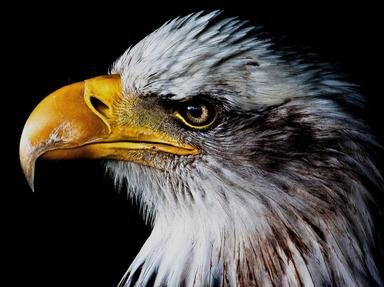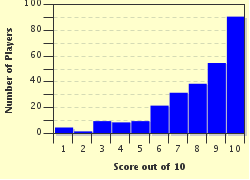Quiz Answer Key and Fun Facts
1. Every morning at a fish market, sushi bars and local restaurants bid on the freshest AHI. Also called "maguro" in Japanese, what is this prized fish?
2. My favorite sea creature is the HONU. Usually only seen at night when they drag themselves up onto remote sandy beaches to lay eggs, Honu's plated head or shiny brown carapace can be seen swimming near shore in the daytime. What creature are we talking about?
3. While walking in tidepools, beware the WANA (pronounced Va-Na). These echinoderms can cause serious injury if stepped on, though sushi afficionados will want to crack them open and eat them on the spot. Do you wanna venture a guess about what Wana are?
4. Pu'ukohola Heiau was built as a shrine to the war god by King Kamehameha the Great. It's so named because its stone platform resembles the back of a KOHOLA, which migrate from Alaskan waters to give birth in the winter months (December to April). Their jumping and spouting are the highlights of cruises during this season. What is a KOHOLA?
5. When a Hawaiian fisherman says he's gonna "catch squid," they actually are after HE'E, which have two arms less than an actual squid. Which animal would you expect to see on the end of his spear?
6. MANU means bird in Hawaiian, but MANO refers to a more formidable marine denizen. Although feared and ostracized in Hollywood movies, native Hawaiians regard them as family guardian spirits who protect fishermen. Name this predator.
7. If it weren't for KO'A, Hawaii's oceans may not have been so diverse or productive. They surround most of the main Hawaiian islands except for the Big Island, which is still too young for extensive colonies of KO'A to have built up large plate- or branch-like structures with their calcium carbonate skeletons. What kind of invertebrate are we talking about?
8. A crowd pleaser at many aquariums is the HIHIMANU. Related to sharks because of their cartilaginous skeleton, they look nothing like those sleek, streamlined hunters. Mouth on the underside, eyes on top, their flat bodies like to hover over sandy areas in search of shellfish. Their main defense unfortunately did in one famous Aussie wildlife expert. What is a HIHIMANU?
9. In Hawaii, it's always a treat to see NAI'A frolicking in the open ocean. They come in spotted, spinner, and bottlenose varieties, and are usually found in social groups. Their clicks and chirp are a form of communication, and those sounds are also used to locate prey. What we call NAI'A in English?
10. One famous Hawaiian song ends, "where the HUMUHUMUNUKUNUKUAPUA'A go swimming by." What in the world is that?
Source: Author
lykita
This quiz was reviewed by FunTrivia editor
gtho4 before going online.
Any errors found in FunTrivia content are routinely corrected through our feedback system.

